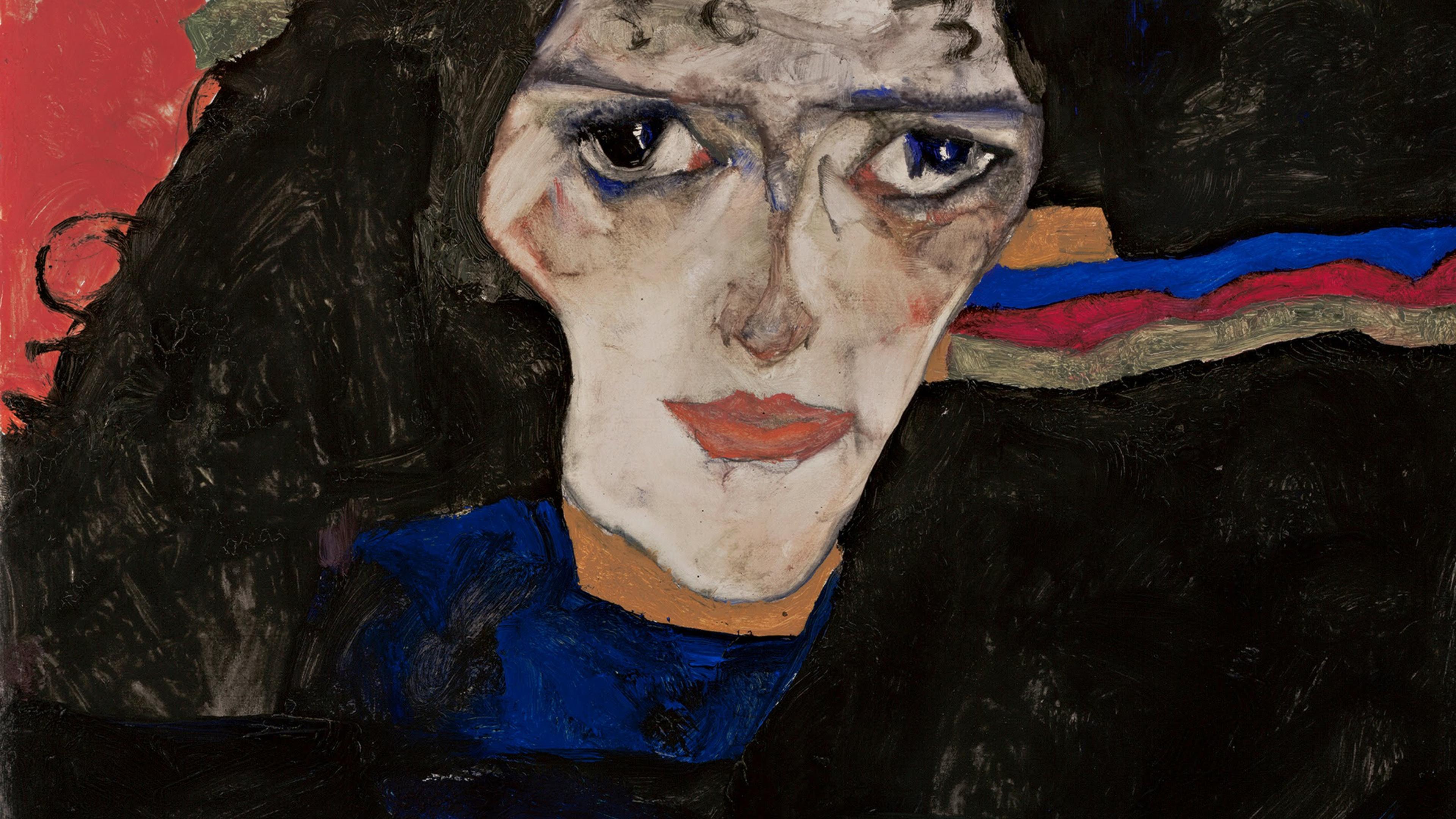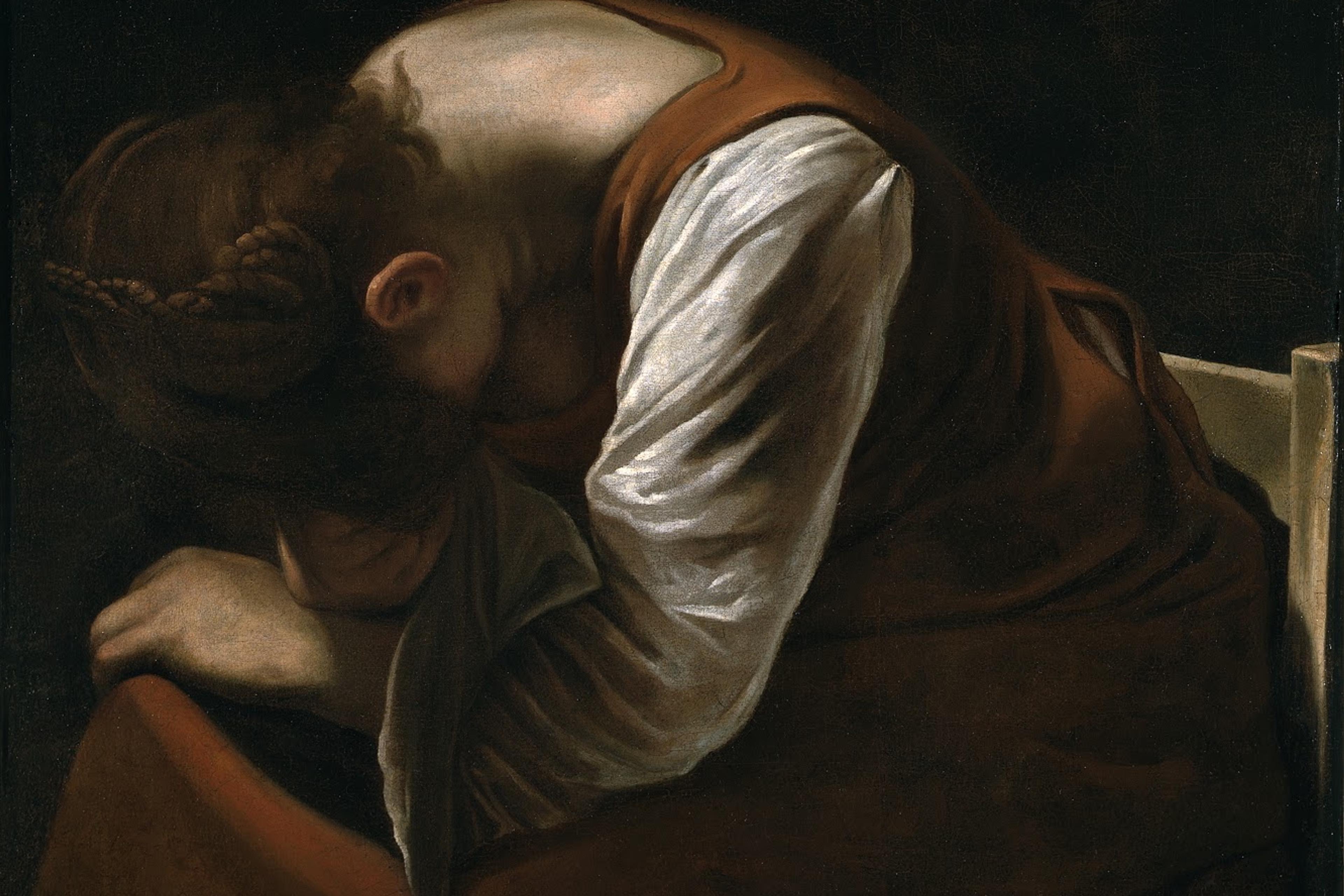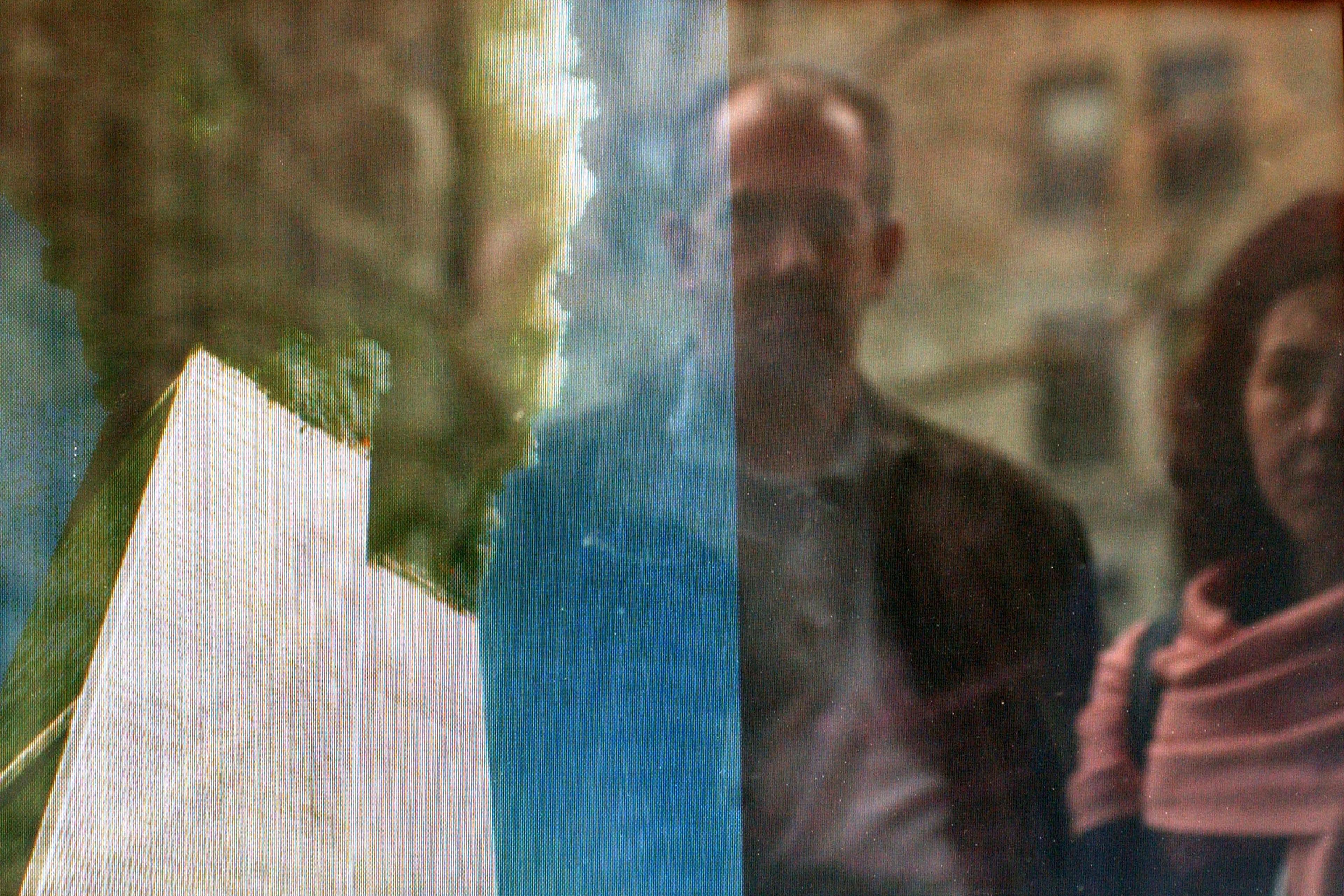I experienced serious grief for the first time when my mother died, unexpectedly, when she was 55. I thought I understood why I felt grief: my mother had died, not young, but too young. At the time, I was convinced, perhaps naively, that my life would always be infused with pain over her death. After all, the reason for my grief wasn’t going to change: my mother would remain dead, and she would continue to matter to me.
However, I found, to my surprise, that this was not so. I recovered from grief quickly. Moreover, I experienced this as somehow all right. It would have been a mistake to continue grieving, at least anywhere nearly as intensely as when she died. Yet it is puzzling why this should be so. Was my initial conviction that I was grieving for good reason mistaken? Or did my reason change? But how could that be, since my mother remained dead and continued to matter to me?
I still think that this experience of grief – the pronounced pain followed by swift recovery – is puzzling. However, it is not uncommon. For instance, the clinical psychology professor George Bonanno, a proponent of the ‘new science of grief,’ writes in The Other Side of Sadness (2009):
The good news is that for most of us, grief is not overwhelming or unending. As frightening as the pain of loss can be, most of us are resilient. Some of us cope so effectively, in fact, we hardly seem to miss a beat in our day-to-day lives … [Bereavement] is something we are wired for, and it is certainly not meant to overwhelm us. Rather, our reactions to grief seem designed to help us accept and accommodate losses relatively quickly so that we can continue to live productive lives.
This rings true to my experience. We are resilient: we accommodate ourselves to loss. And, in a way, this makes sense: resilience is advantageous. However, our resilience is also puzzling. This is because grief is not about our resilience; in fact, it is, in the first instance, not about us at all. The fact of our resilience thus doesn’t really show up in our experience of grief. Hence, what Bonanno says cannot be the whole story since it does not speak to the perspective of the griever.
To bring out what’s missing from Bonanno’s story of resilience, consider what the philosopher Paul Grice called ‘creature construction’. Say you are constructing a character in the game Dungeons and Dragons. It is important that your character be resilient. If they weren’t, they wouldn’t make it through the next battle when their friends got hurt or killed. But it is also important that your character be sensitive, or else they would not have any friends. This is why it makes sense for them to experience some grief when their friends get hurt or killed – but not a permanent, unending grief. Hence, from a creature-construction perspective, it makes sense that we experience grief but that our grief be short lived.
However – and this is the bit that is missing – we don’t just enjoy the perspective of someone who is constructing a creature and, like Bonanno, empirically observing it. We also inhabit the perspective of the creature that is constructed and observed. And from that perspective, considerations about resilience are a change of subject.
When we grieve for the person we love, our concern is not, in the first instance, with ourselves but with the dead. As Simone de Beauvoir writes in A Very Easy Death (1964): ‘All men must die: but for every man his death is an accident and, even if he knows it and consents to it, an unjustifiable violation.’ Grief is the apprehension of this unjustifiable violation that has befallen the person we love. This is why the perspective of the griever is hard to square with the thoughts that are available from a ‘creature construction’ perspective on grief. They change the subject from the beloved’s death to oneself.
Grief has something to do with us – with our resilience
This change of subject is, of course, possible. It can also be a source of relief. We are not condemned to remain overwhelmed by grief. However, matters are delicate. A shift in concern from the dead to ourselves can tinge grief with a characteristic sweetness. According to the philosopher Ashley Atkins, this is the sweet sadness of self-pity.
As self-conscious creatures, we are privy to both perspectives: the perspective of creature construction as well as the perspective of the creature that is constructed. This, I believe, gives rise to an ineliminable form of double vision. On the one hand, grief is a way of apprehending the death of someone we love. On the other, grief has something to do with us – with our resilience. If you wish to speak as Sigmund Freud does, you might say that grief is the activity of ‘reality-testing’ through which one’s libido detaches itself from the ‘lost object’. Once this activity is complete, grief evaporates.
The double vision arises because we cannot apprehend both realities at once: as we attend to one, the other recedes, blurry, into the background. As we attend to the fact that we are grieving, the dead person we love is no longer the focus of our attention. Yet because grief is a form of focused attention, we cannot get into view the fact that we are grieving with the grief itself. Hence, the double vision is irresolvable.
Nonetheless, I hold, grief’s double vision allows us to make sense of the diminution of grief. But it does this only from a theoretical standpoint on ourselves and not from the standpoint of the reasons in light of which we experience grief. From a theoretical standpoint, we can understand that, given the empirical reality of grief, it is all right that grief should diminish. Yet we cannot point to the reasons in light of which this would be all right. The diminution of grief is reasonable, though there are no reasons for it.
What does this mean? How could a change in emotion be reasonable without there being a reason? To explain this, I turn to a philosophical theory called pragmatic encroachment. This is a family of views in epistemology according to which pragmatic and moral considerations bear on what we have reason to believe without the considerations themselves being reasons. For present purposes, I draw on the philosopher Kate Nolfi’s version of pragmatic encroachment, in which the functional role of belief bears on the reasonableness of belief, without itself being a reason. Here’s what I mean.
On Nolfi’s view, the functional role of belief will affect the rationality of belief in the same way that the functional role of maps will affect the adequacy of maps. The functional role of a map is to put us in a position to reach our destinations. To achieve this, maps have to introduce a certain amount of distortion. For example, a subway map typically expands the distances between stations in the centre of the city and condenses the distances between stations further out, because the distances between stations in the centre are much shorter. If the map were not designed that way, either the stations in the centre would blur together or the map would be so huge as to be unusable.
As it is with maps, so it is with beliefs. On Nolfi’s view, the functional role of our beliefs is to put us in a position to achieve our ends. And sometimes, as an empirical matter of fact, our ends are best achieved if there is a certain amount of distortion: a little bit of extra optimism, say, or some positive illusions about ourselves. Although this distortion leads to false beliefs, these beliefs are reasonable insofar as they fulfil their functional role: they put us in a position to achieve our ends.
Nolfi’s crucial idea for us is that the distortion that is introduced into our belief systems is not represented in our beliefs – just as the distortion of the subway map is not represented on the map. The distortion is, as it were, behind the lens; it is a feature of the representational means rather than of the objects represented.
It strikes me as a mistake to expect philosophical reflection to reconcile this moment
I find Nolfi’s view remarkably interesting. However, I don’t endorse it. I worry that the view is reflectively unstable. Apprehending a belief as an instance of distortion – as overly optimistic, say – is inconsistent with seeing it as reasonable. In fact, it’s inconsistent with holding it. What Nolfi is missing is an integration of the subjective perspective of the believer with the objective perspective on the rationality of belief that she recommends. In short, what she is missing is double vision!
Yet without going further into Nolfi’s account of the rationality of belief, let me return to grief. I say that, as it is with maps, and with belief, so it is with grief. Let’s suppose that, as Freud held, grief has the functional role of getting the libido to detach itself from the lost object. Crucially, this functional role is behind the lens. It bears on the reasonableness of the emotional response, even if the emotional response itself is not about this very role. In particular, once the libido has detached itself from the lost object, we have less reason to grieve and it is, therefore, reasonable to be equanimous. However, since grief is not about its own functional role, this is not something that we will understand in understanding our reasons for grief. Rather, understanding it will require an empirical understanding that this is grief’s functional role.
We can now see how the emotional double vision I described reveals the possibility of a reasonable diminution of grief even in the absence of reasons. What we learn empirically about our emotions is that they play a certain role in our life. They are a certain representational means. Once they fulfil their role, the representation loses its rationale, and it ceases to dominate our attention. However, this thought makes sense only from a theoretical perspective on ourselves. Hence, there remains an essentially unreconcilable moment in our emotional lives – a double vision of ourselves as subjects and objects at once. And it strikes me as a mistake to expect philosophical reflection to reconcile this moment. Such an expectation would conceive of our emotional life as too neat and of philosophy as too comforting.








